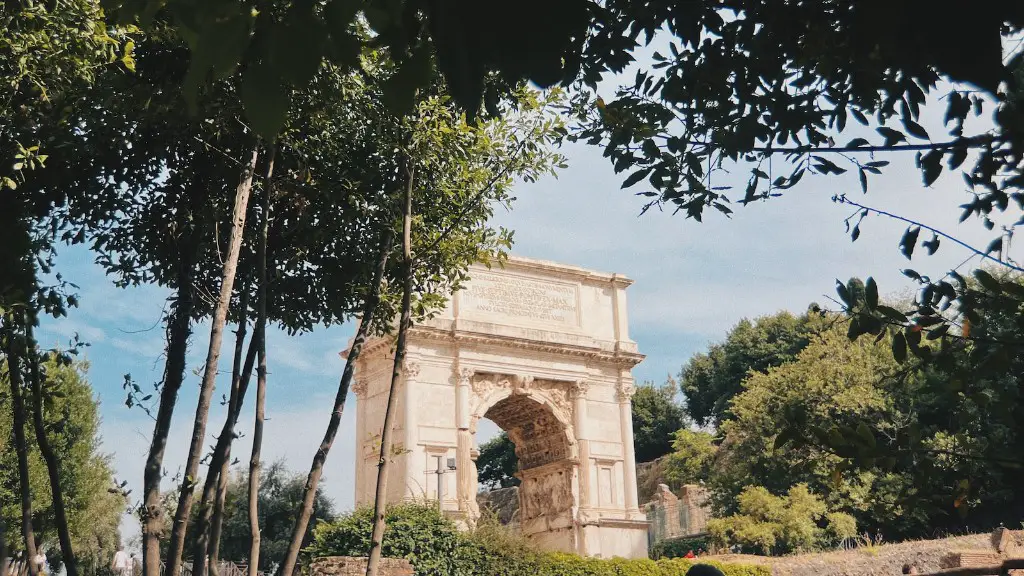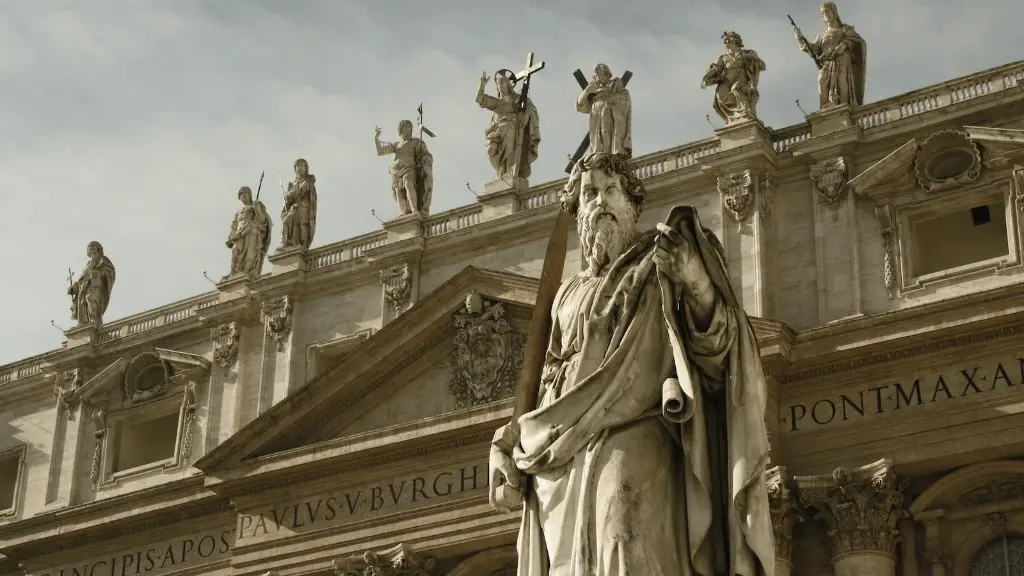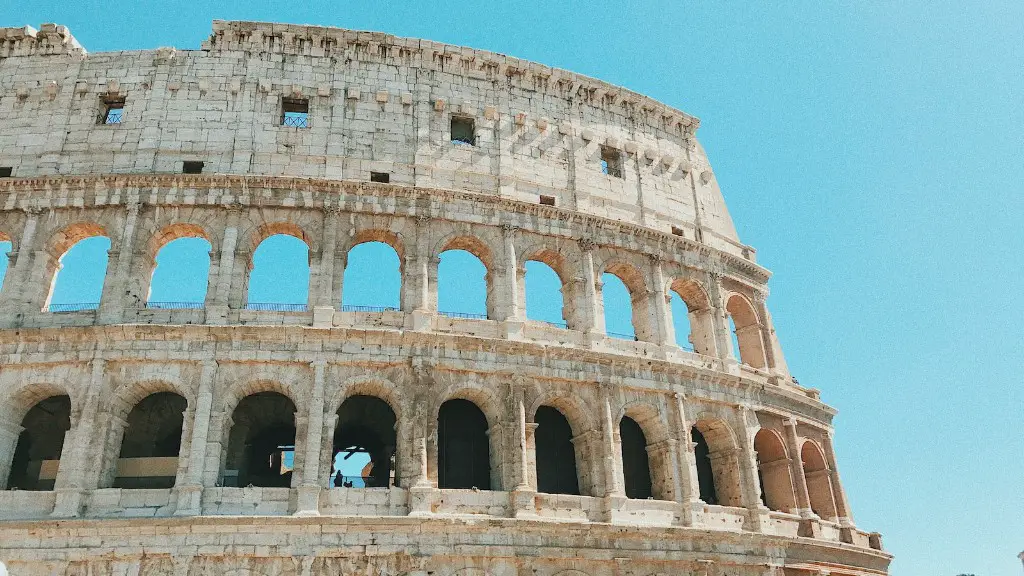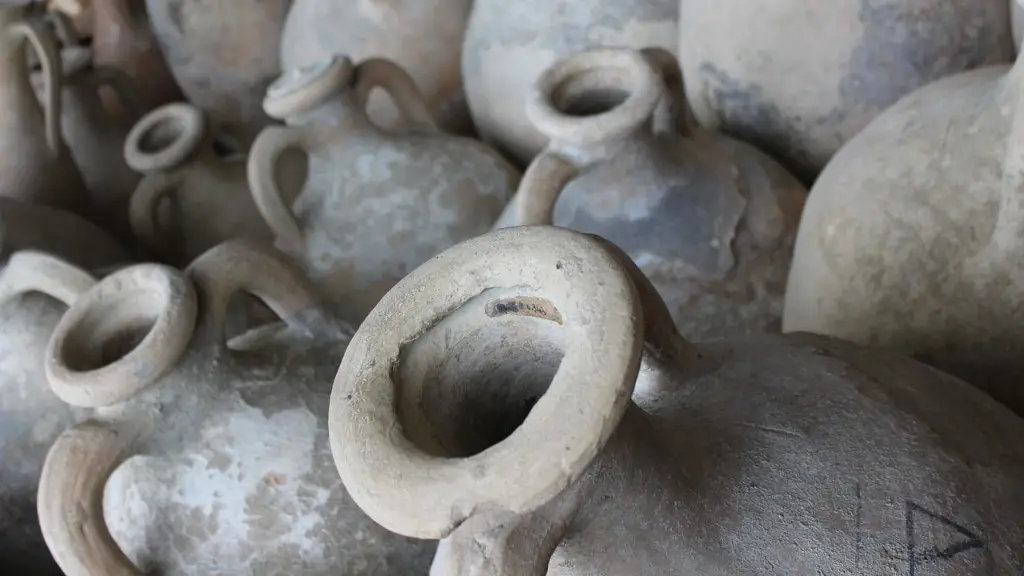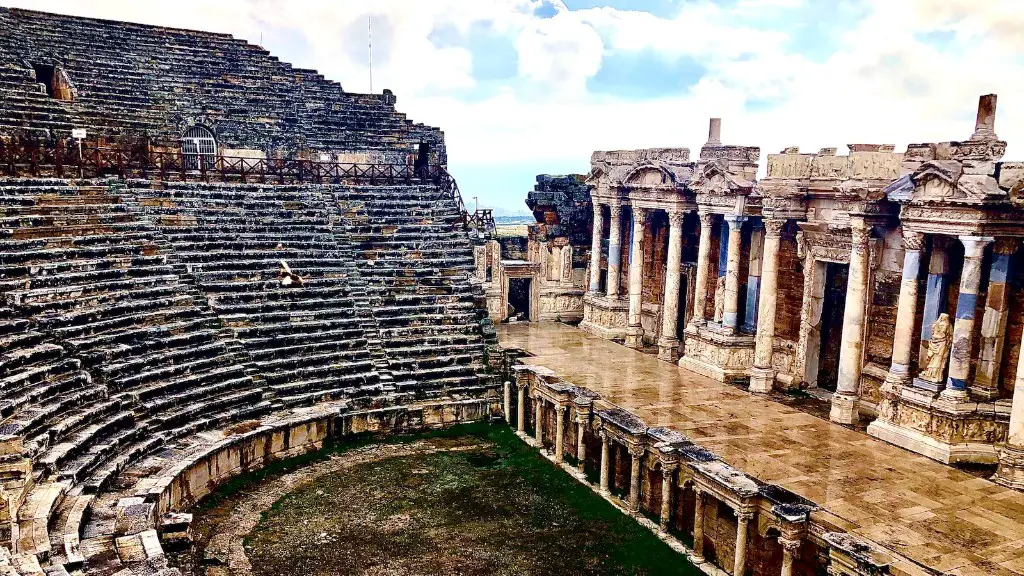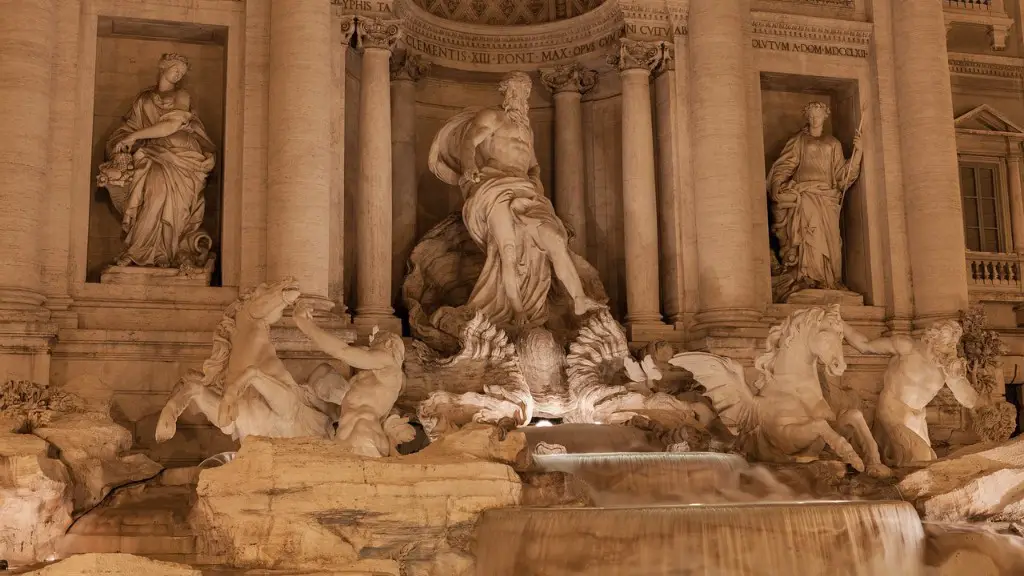In ancient Rome, the rights associated with the plebeians, who composed the majority of the population, were significantly different from those of the patricians, the wealthy minority. This divergence in rights signified the existence of an unequal power relationship within Roman society, one that was often supported, reinforced and strengthened by Roman law. In this article we explore what rights the plebeians had in Ancient Rome and how these rights impacted them throughout their lives.
In a political context, the plebeians had no real representation or power. Although the status of a plebeian allowed them to stand for election, very few in fact became senators or magistrates, roles which were almost exclusively filled by patricians. The majority of plebeians were confined to a lesser civil and religious status, with their few rights mainly aimed at protecting them from the arbitrary decisions taken by their wealthy and powerful counterparts.
Economically speaking, the plebeians were allowed to own land, businesses and even bank accounts, but they were restricted from becoming involved in public contracts due to their limited resources and limited access to credit. Moreover, the plebeians could not enter into legal partnerships with patricians, and their businesses and wealth were regularly taxed of a higher rate than patricians. This led to the plebeians being in a perpetual state of debt and servitude to the patrician class.
On a social level, although the plebeians were not allowed to marry patricians, they were allowed to participate in religious ceremonies alongside the patrician forces which might be considered a form of social acceptance from the elite. However, this was mixed with a sense of underlying inferiority, with patron-client relationships being a key feature of the social dynamic between patricians and plebeians, further reinforcing this power imbalance.
Although the rights of Plebeians were limited and discriminatory, the plebeians were able to form new associations or guilds such as religious cults or craft associations which allowed them to gain the necessary resources and social networks needed to help improve their condition and rise to power. This could be done through collective struggle, such as protests or demonstrations, which allowed the plebeians to gain some recognition from the state and its institutions.
This article provides an overview of the rights of plebeians in Ancient Rome. We have highlighted some of the differences between the rights of patricians and plebeians, shed light on the power imbalance within society, and explored how the plebeians found ways to improve their condition.
Minority Voices in Roman Society
The Romans were an extremely hierarchical society, with political divisions between its two dominant classes, patricians and plebeians. Although the plebeians made up the vast majority of the population, they were at a great disadvantage to the ruling patricians, with plebeians having no political representation, limited economic resources and social status. Nevertheless, due to their sheer numbers the plebeians had some level of power which was used to challenge the authority of the patrician class. This was seen in the form of collective action, such as forming associations that allowed plebeians to have some power and exert their presence in the political sphere.
In order to increase their impact, the plebeian activists focused on specific changes, for example gaining the right to a proper trial and the abolishment of debt slavery. This collective action was largely successful and some of the patrician laws that discriminated against plebeians were reformed, however it did nothing to fundamentally change the power and status dynamics between the classes.
Social Treatment of the Plebeians
Social acceptance of plebeians was severely lacking in Ancient Rome since most of the aristocracy was of patrician origin. This would manifest itself in a variety of ways, ranging from the banning of plebeians from certain public places, the exclusion of plebeians from social activities such as military campaigns and the prevention of legal marriage between the two classes.
As a result of this unequal dynamic, plebeians were often subjected to unfair treatment such as physical and emotional abuse, while they also faced more subtle forms of discrimination such as the presence of patrician customs and rituals during public events, which would be alien to the plebeian majority, who largely found no place for themselves in a society dominated by the patricians.
This unfair treatment however, didn’t deter the plebeian activists from pushing for greater rights, as their collective actions evolved from simple protests and demonstrations to a more comprehensive and organized struggle for recognition. It was the plebeians who created the legal framework for the plebeian assemblies, and eventually for the plebeian tribunes. This marked the start of the plebeian struggle for equal rights, or at least some greater form of recognition.
Emigration of Plebeians
The lack of rights and opportunities for the plebeians, as well as the oppressive treatment by the patrician class eventually led to an increasing number of plebeians leaving Rome to look for better opportunities abroad. This process of emigration was particularly prevalent in the early years of the Roman Republic, as plebeians could not reach their full potential in their native land and sought to make a better life elsewhere.
During this period Rome was facing increasing external pressures from its rivals, which caused many plebeians to look for opportunities abroad. This migration of plebeians was considered to be a great loss for Rome, as it was depriving it of some of its most important resources. This led to some of the plebeian rights being extended in order to prevent further migration and retain some of the skills and resources the plebeians possessed.
Overall, the plebeians of Ancient Rome had to face many obstacles and restrictions in order to ensure their basic needs and semblance of freedom. Despite the lack of legal rights, they were able to improve their economic, political and social conditions, through collective action and organization. Even though the plebeians were deprived of many rights, they continued to fight and look for opportunities wherever they could find them, even if it meant leaving Rome.
Legal Reforms
The rights of plebeians were largely determined by the laws of the Roman Republic. These laws were created by the patricians and served to protect their interests, while depriving the plebeians of both power and resources. Nevertheless, the plebeian movement was able to challenge some of these laws and obtain some form of recognition from the state.
One of the most important legal reforms was the formation of the plebeian tribunes. This was a major victory for the plebeian class, as it granted them a direct link to the political process. The tribunes were also able to challenge the patricians by proposing laws, as well as vetoing any laws they deemed to be oppressive to the plebeians.
Furthermore, the plebeians succeeded in changing laws pertaining to debt slavery, which was abolished shortly afterwards. This was a major accomplishment for the plebeians, as it freed them from the oppressive nature of debt, and allowed them to live in relative freedom, with their rights respected and protected.
Role of the Senate
The Roman Senate was an institution that served as the voice of the patricians. Although the Senate was not involved in the decision-making process per se, it could influence the actions of the Senate and suggest changes to the laws which were oppressive towards the plebeians. In this way, the Senate acted as a mediator between the two classes and worked towards creating a more equitable society.
The Senate also had some influence over the laws and decrees passed by the patricians, thus allowing the plebeians some degree of power. This was especially relevant during times of civil unrest, when the plebeians were able to propose laws and decrees to the Senate, which could in turn be accepted by the patricians if accepted into law.
In conclusion, the role of the Senate was an important factor in the struggle of the plebeians for greater rights. Through their influence, the plebeians did eventually obtain some recognition and certain rights, although their power was still limited due to the dominance of the patrician class.
Political Representation
The plebeians of Ancient Rome had no political representation. This lack of power and representation meant that the plebeians had few rights and were largely dependent on the whims of the patrician class. This meant that plebeians largely had to be content with protesting, demonstrating and petitioning for their rights and having to hope for a favourable outcome.
However, gradually, the plebeians were able to gain some political representation, initially through the creation of tribunes, and later through the creation of special assemblies. These allowed the plebeians to push the government to grant them greater rights, and eventually led to the plebeians being granted some level of political representation.
Overall, the plebeians of Ancient Rome were greatly disadvantaged in terms of rights when compared to the patricians. This was due to their lack of political representation, economic resources and legal rights, however the plebeians were eventually able to make some gains through collective action and organization. This demonstrates the power of collective action and the importance of fighting for one’s rights in the face of inequality.
Cultural Impact
The plebeians had a significant cultural impact on Roman society. Although the plebeians were often subjected to discrimination and oppression, they brought a much needed change to the cultural dynamics of Rome. This was particularly evident through their participation in the theatrical arts and music, which had previously been monopolized by the patricians.
Moreover, the plebeians also brought an influx of new ideas and beliefs, which were largely foreign to the patrician class. This included religious cults, which gave the plebeians a place to express their beliefs, as well as offering them a way to establish a collective identity, which was very important given the oppressive dynamic between the classes.
The cultural impact of the plebeians was fundamental in reshaping Roman society, as their new ideas and beliefs gradually gained acceptance and acceptance of the plebeians in the public sphere. In this way, the plebeians were able to influence the public discourse and challenge the views of the patrician class, thus contributing to the development of the Roman Republic.
Women in the Plebeian Class
Another important aspect of the plebeian class was their role in promoting a greater role for women, both in the public and private spheres. This can be seen in the greater possibility for female emancipation, as well as in the increased role for women in political and social affairs. This was a major change from the traditional view of women in Roman society, which was largely patriarchal.
This shift in attitude was largely due to the fact that many plebeians were not part of the patrician aristocracy and had a different view of women and their role in the family. This allowed women to gain greater liberties, with some even entering politics and the military, although this was still a rare occurrence. Nevertheless, it was only due to the plebeian class and their struggle for rights that this attitude was pushed to the forefront.
Thus, it is clear that the plebeians had a profound impact on Roman society. Despite the lack of access to legal rights, resources and status, the plebeian class was able to challenge the oppressive nature of the patrician class, while at the same time promoting a greater role for women and reshaping Roman culture.
